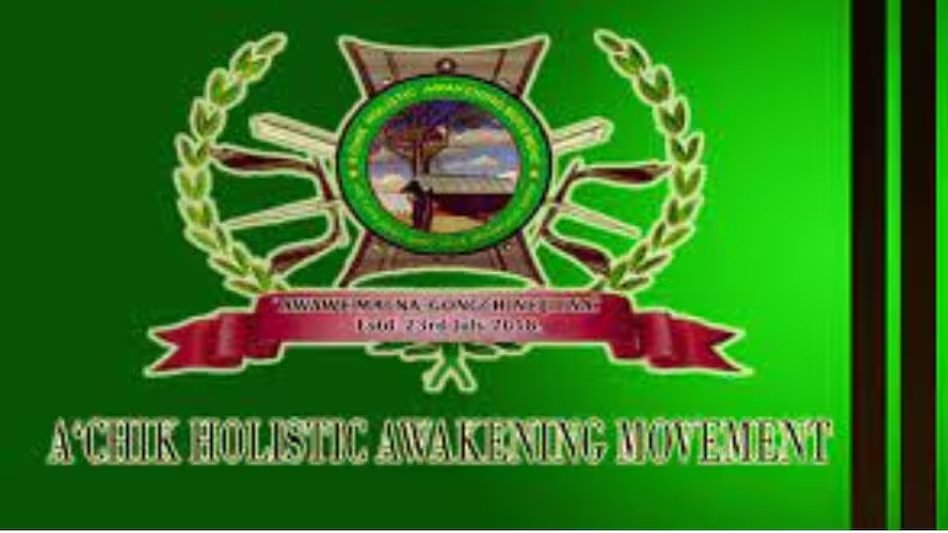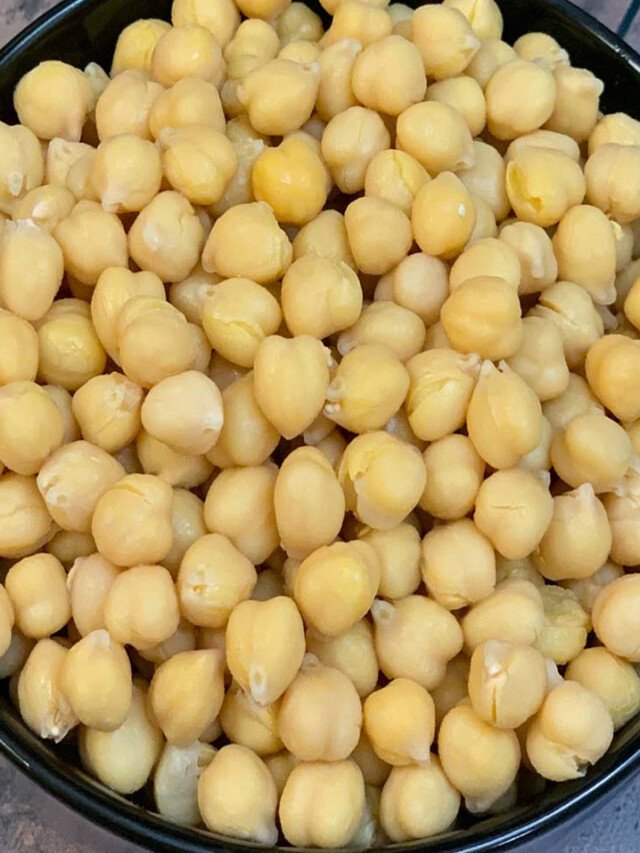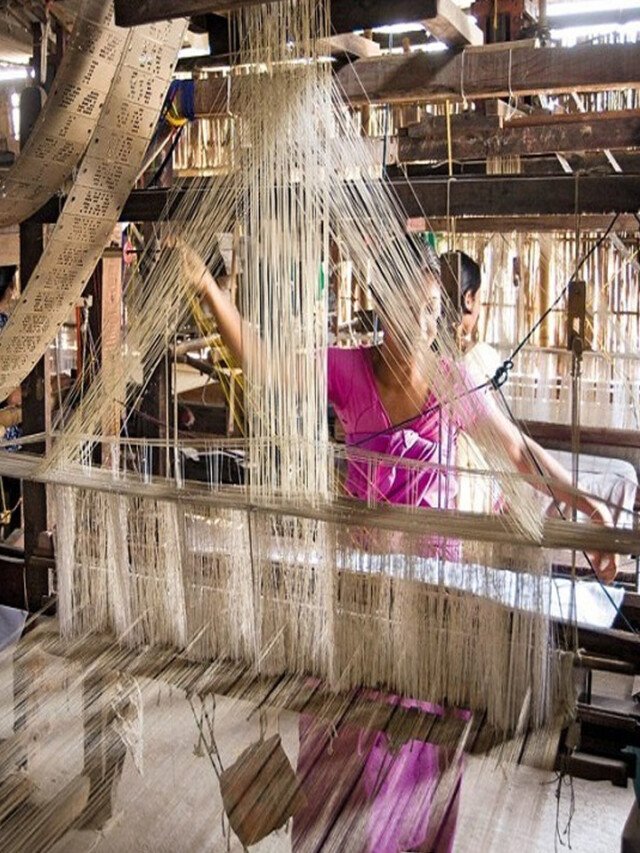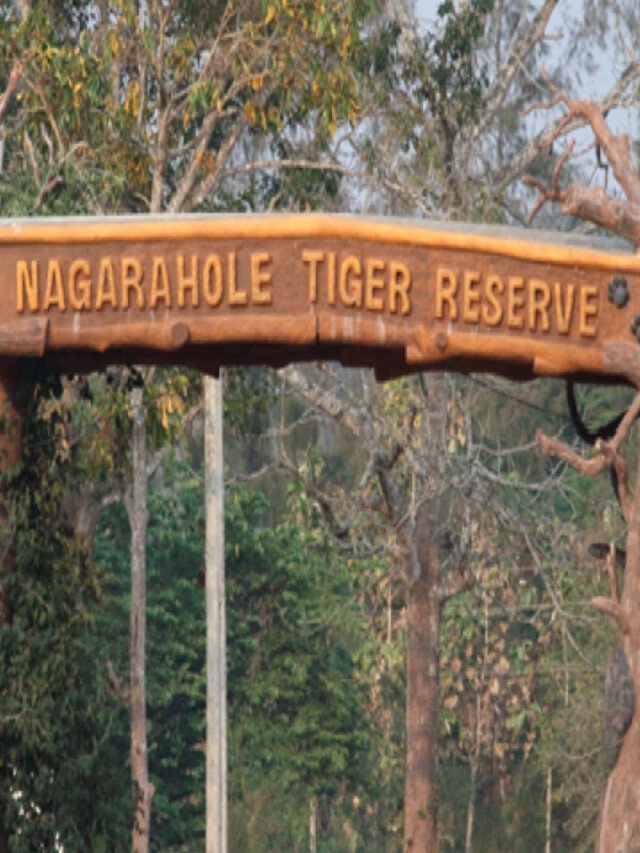HT Bureau
GUWAHATI, April 6: Aaranyak, the region’s foremost biodiversity conservation organisation, along with British Asian Trust, has distributed yarn among human-elephant conflict affected women in West Garo Hills district of Meghalaya to help them supplement income.
Twenty-six such women received yarn with support from the Darwin Initiative (Biodiversity Challenge Funds).
These women were earlier provided special training to hone their handloom skills under the aegis of Aaranyak and British Asian Trust with support from Darwin Initiative.
During the training programme, community women were helped to enhance their handloom skills so that they can improve the quality of their products and sell those in the competitive market. The focus of the training was on creating unique designs that can add more value to their products and increase their profitability.
“We hope that the yarn provided to these marginalised women who have received our handloom training, will empower them economically by providing them with the resources to create marketable products. As a result, their economic independence will be facilitated through an alternative livelihood option. This also marks our contribution towards the development of communities in HEC-hit areas in the interest of coexistence,” said Dr Bibhuti Prasad Lahkar, a senior conservation scientist in Aaranyak.
In West Garo Hills of Meghalaya, escalating HEC poses a constant threat to both community members and wild elephants. Encroachment on elephant habitats and expansion of agricultural land compels wild elephants to enter villages resulting in crop raids and human casualties.
On April 3, Aaranyak sent a team of experts led by Anjan Boruah and comprising Nipul Chakma, Subash Chandra Rabha, Ripunjay Nath, and Rupam Goyari to Bordubi to engage in interaction with the women of the community to know how the current human elephant conflict situation affects them, as well as to distribute yarn among them as a livelihood support.












